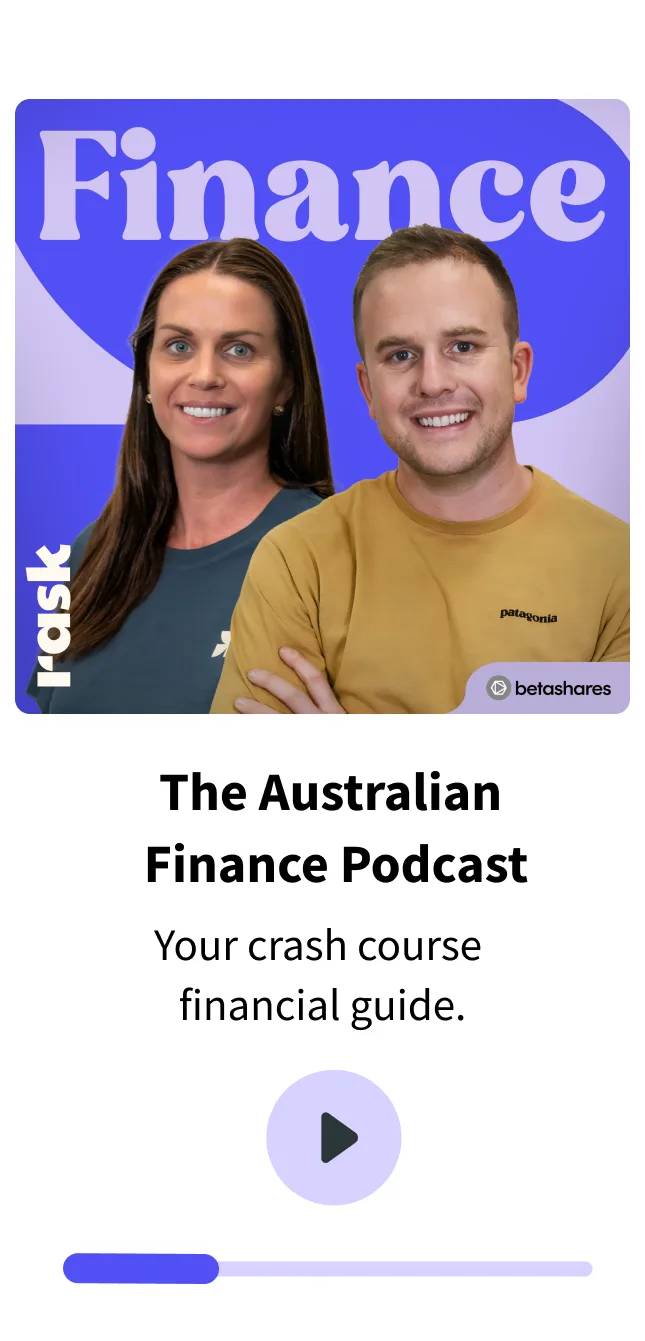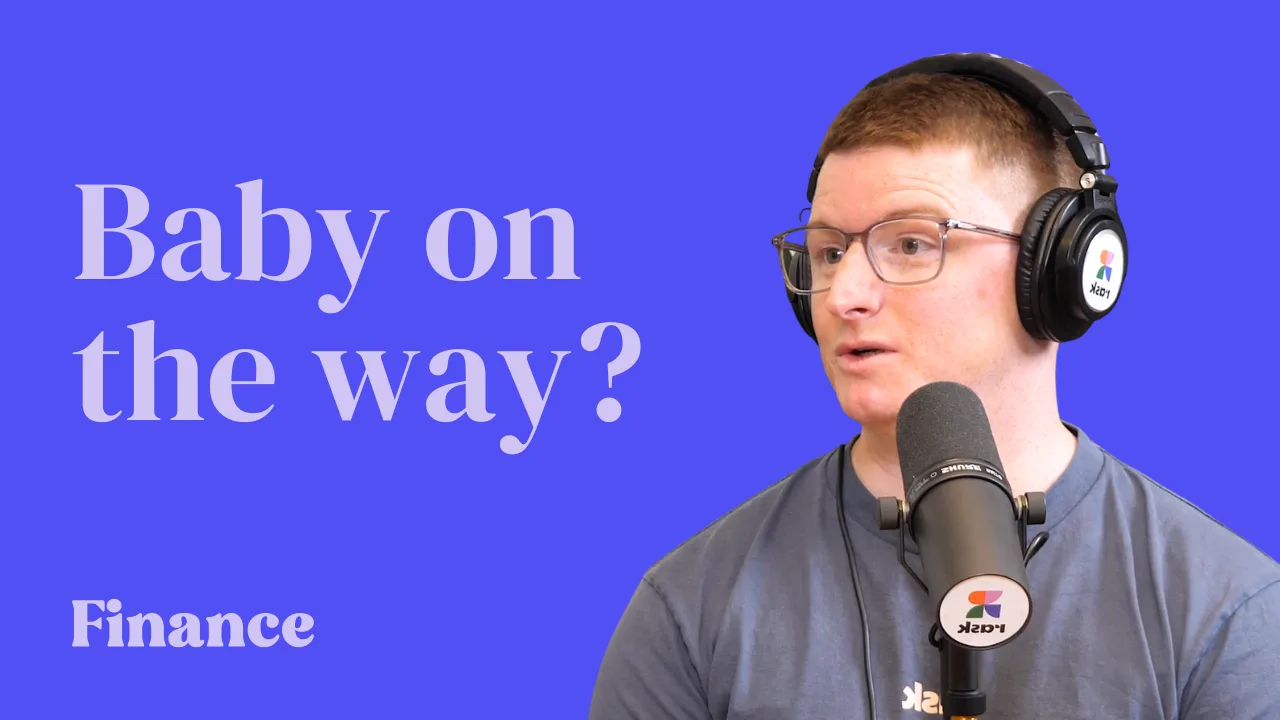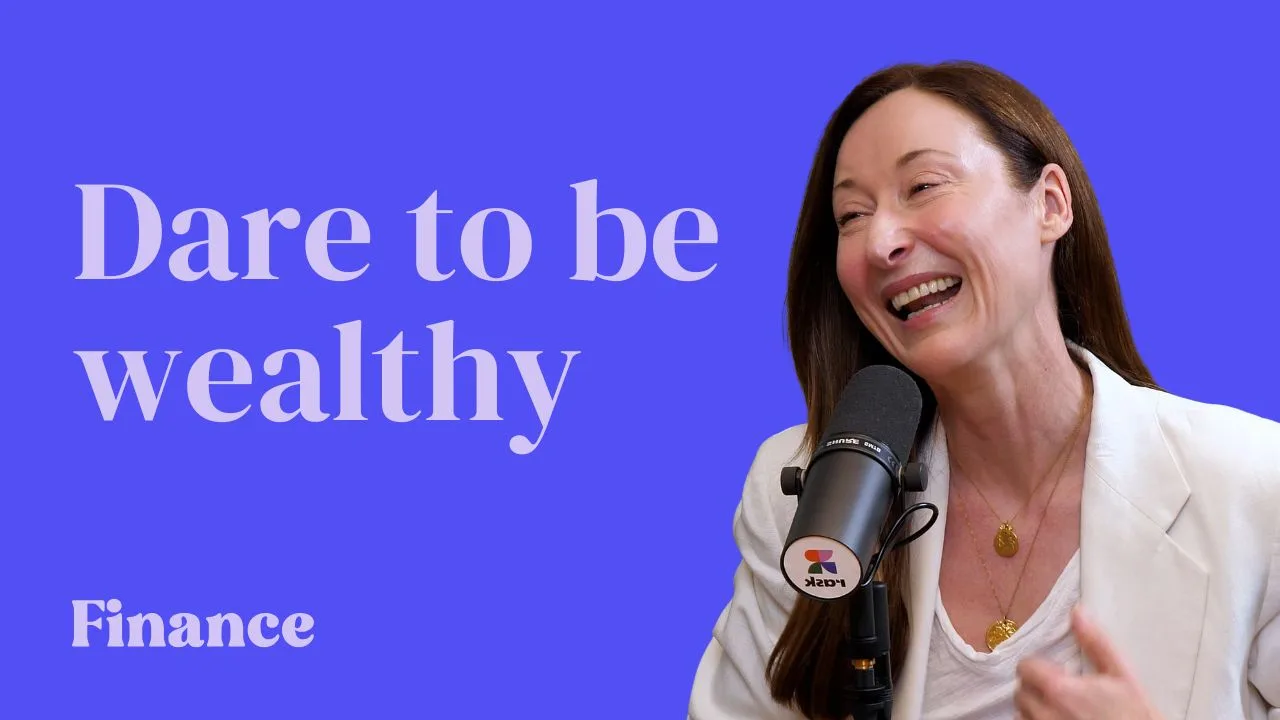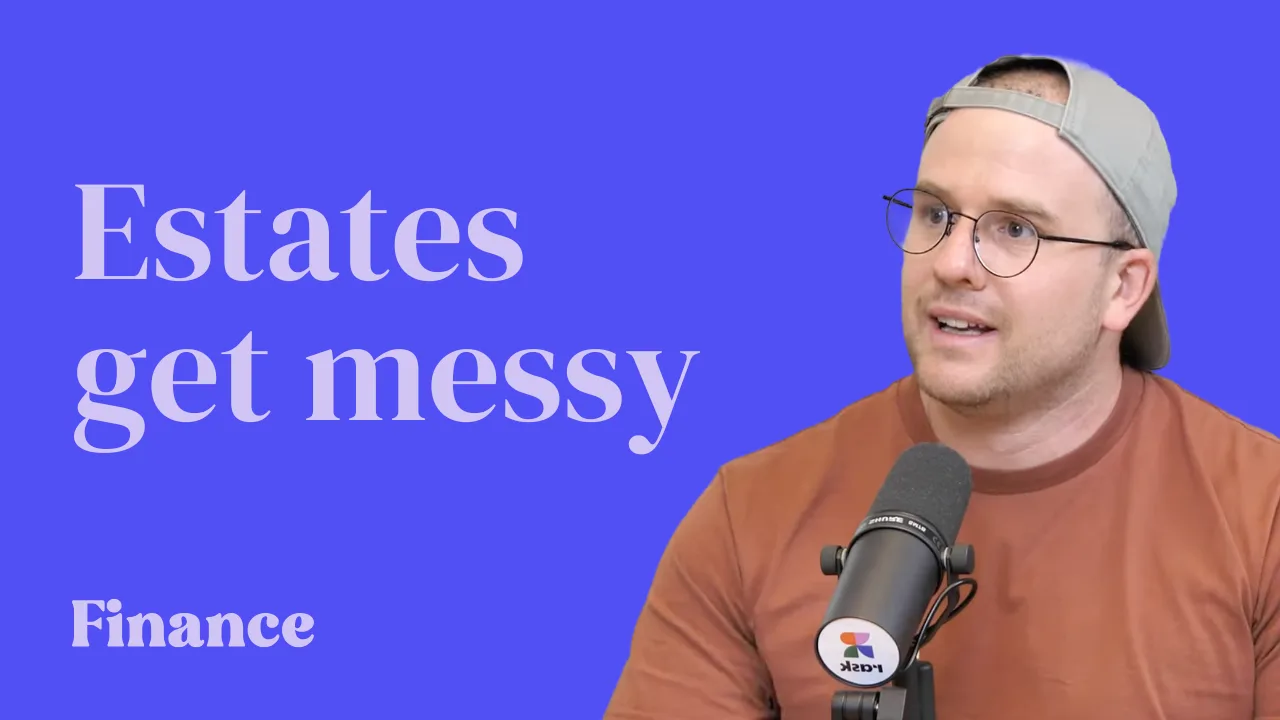How can you make your financial plan more resilient?
Wilson Chen, a personal insurance specialist from WeLifeInsure, discusses personal insurance: life insurance, income protection, trauma cover and TPD insurance.
Insurance is one of those things we unwillingly pay for and hope never to have to use. But in certain situations, you’ll be very glad you have it.
If you have debts or ‘financial responsibilities’, it’s important to consider holding insurance. Sure, it might cost you a few thousand bucks a year to have the cover, but the risk of not being insured is enormous.
Financial responsibilities could mean you have a stay-at-home significant other, kids, a business, mortgage, loans, etc.
Most super funds can own three types of insurance on behalf of their members/investors:
- Income protection. This provides cover when you injure yourself or cannot work. This cover typically has waiting periods (e.g. 90 days) from the date of injury, cover periods (e.g. do you want income for 2 years, 5 years or till you’re 65?) and the income you receive from the policy is taxed like a regular salary.
- Severe Disability or “TPD”. TPD stands for total and permanent disability. As it says on the tin, this provides cover if you get severely injured or disabled.
- Death/Life Insurance. If you pass away, your loved ones will receive a lump-sum payment. However, it’s important to nominate the correct people so the super fund can make the payment as quickly as possible.
WARNING: Prior medical conditions
If you have any type of prior medical history (think injuries or illness), you should talk to your super fund or financial adviser before doing anything. Some insurers might reject your application for insurance altogether or give you ‘restricted’ or ‘limited cover’. Meaning, you might not have the cover you think you do — always read the PDS and insurance guide!
Finally, it’s worth noting there are another two risks to holding insurance in super:
- By paying for insurance via super you will be eating into your retirement savings, and it could be more difficult or time-consuming to get the insurance payout.
- When you join a super fund, they’ll typically have an insurance ‘default cover‘ which is offered to almost everyone.
Don’t be fooled: this may NOT be enough cover for you.
When you’re weighing up what you need to be covered for, consider all of the loans you have, the cost of children’s education, how much you need to settle business expenses, etc.
Most good super funds have calculators on their website. (Tip: Don’t just use one, use a few calculators to get a better sense of what you might need.)
✅ Action tip: Head to the MoneySmart Insurance Calculator to see what might be relevant for you.





